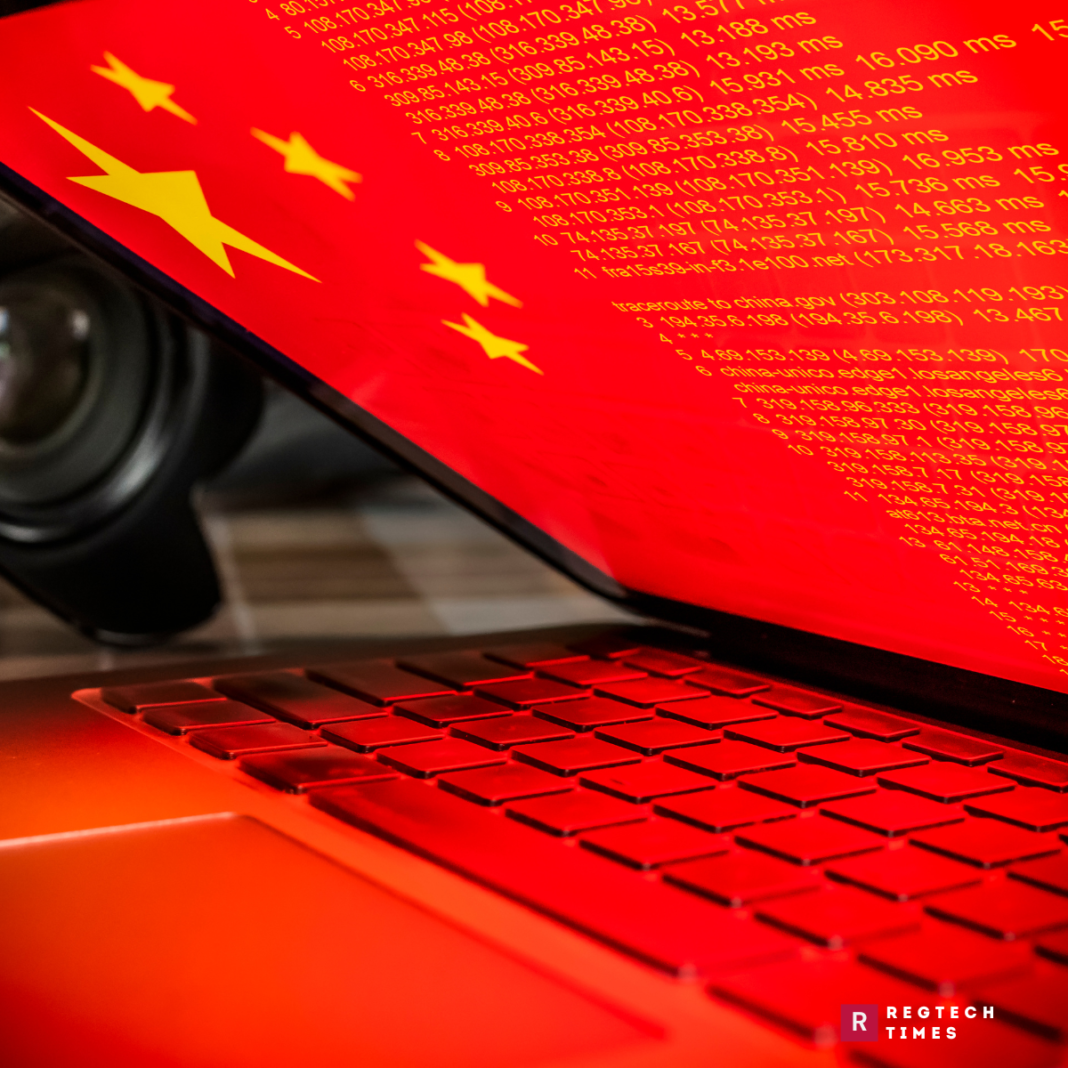The New Zealand government has publicly accused China of masterminding a state-sponsored cyberattack that targets its legislative institutions in 2021, in a landmark cybersecurity disclosure. Diplomatic ties are further strained by this charge, which fits with the larger global narrative of China’s purported involvement in cyber espionage efforts. The fact that New Zealand was so open about these worries on Tuesday after its intelligence agencies made the discovery, highlights the growing friction between countries about cybersecurity and foreign influence.
Given that it coincides with similar charges made against China by the United States and Britain, the situation is very serious. Beijing has been accused by the Western allies of conducting a broad cyber espionage effort that affects politicians, academics, journalists, defence contractors, and government agencies. These charges raise concerns about national security and the integrity of democratic processes since they point to a coordinated attempt by China to penetrate and monitor vital infrastructures and international democratic organizations.
New Zealand’s Foreign Minister Winston Peters boldly denounced the cyberattack, saying, “Foreign interference of this nature is unacceptable.” His message was quite clear: China must stop its nefarious cyberattacks against democratic institutions if New Zealand is to continue. This view was supported by the larger framework of world politics, where sophisticated cyber operations are posing a growing danger to digital sovereignty and the defence of democratic ideals.
A spokesman for the Chinese Embassy in New Zealand expressed the Chinese reaction, which categorically denied these accusations. China upheld its position of not meddling in the domestic affairs of other nations, denouncing the charges as “baseless and irresponsible.” The worries of New Zealand and its allies, who see the cyberattack as a direct attack on their democratic institutions and sovereignty, are not much alarmed by this reply, though.
The matter is further complicated by the presence of Advanced Persistent Threat 40 (APT40), a group that has been linked to China’s Ministry of State Security and was discovered by New Zealand’s Communications Security Bureau (GCSB). The GCSB’s conclusions that APT40 had access to substantial government data, even though it wasn’t sensitive or strategic, show how complex state-sponsored cyber operations are designed to make more invasive ones possible on the road.
This cyberattack is part of a larger pattern of harmful cyber activity linked to Russia and other state-sponsored hackers. It is not an isolated occurrence. Given that these actors are responsible for 23 per cent of harmful cyber incidents in New Zealand affecting nationally significant institutions, it is clear that the threat environment is changing and that more vigilance and international collaboration are necessary to protect democratic processes and national security.
The international response indicates a shared understanding of the gravity of the threat posed by such cyber activities. It includes a joint statement from U.S. and British officials accusing Beijing of a broad cyber espionage campaign and Australia’s condemnation of persistent targeting of democratic institutions. The demand from the world community to cease these activities is indicative of a rising understanding of the need to safeguard the fundamental elements of open and democratic societies.
In summary, the New Zealand claims against China represent a turning point in the conversation about foreign influence and cybersecurity. Strong cyber defences and international cooperation are critically needed to successfully deter and counter such attacks, as nations struggle with the effects of such breaches on their sovereignty and the operation of their democratic institutions. It is imperative that we make a concentrated effort to preserve international law, democracy, and sovereignty in the digital age due to the rapidly changing cybersecurity scenario.



